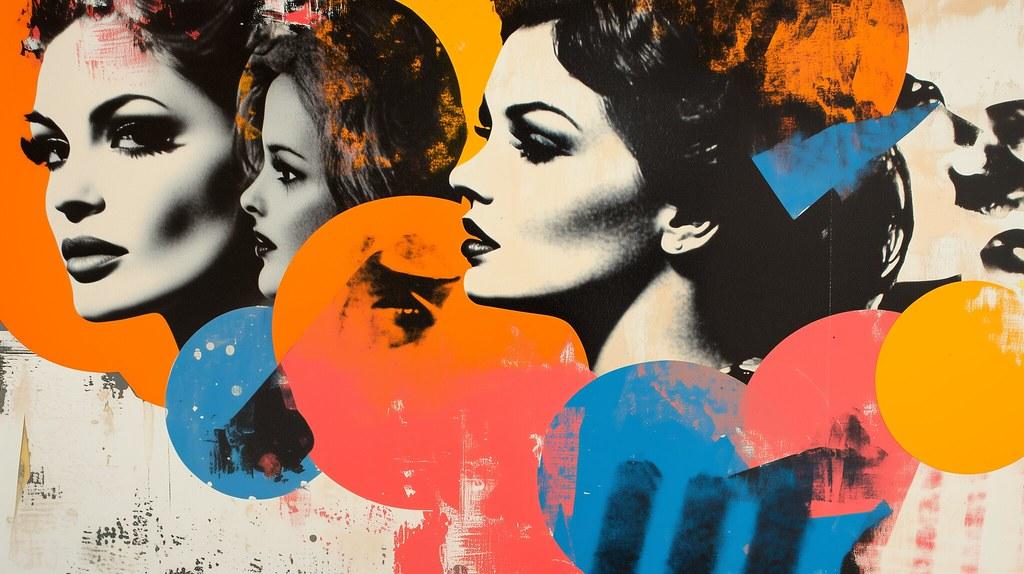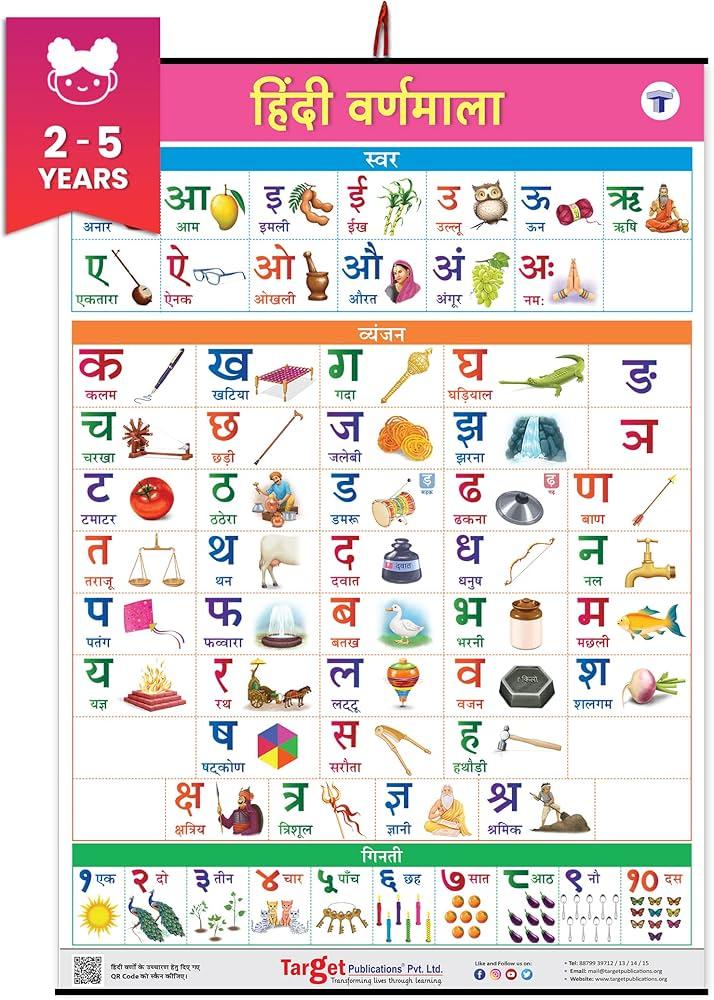Table of Contents
- Understanding the Cultural Significance of Telephone Game Phrases in Hindi
- Exploring Popular Hindi Phrases for a Fun Telephone Game Experience
- The Evolution of Telephone Game Expressions in Contemporary Hindi Culture
- Tips for Choosing the Best Hindi Phrases for Your Telephone Game Sessions
- Enhancing Your Telephone Game with Unique Hindi Phrases and Their Meanings
- Q&A
- In Retrospect


Understanding the Cultural Significance of Telephone Game Phrases in Hindi
In the context of Hindi culture, the telephone game—known as the “vishwaas-gath badal”, or “message distortion game”—serves as a fascinating lens through which to view linguistic nuances and social interactions. Hindi is rich with metaphors, idiomatic expressions, and cultural references that add layers of complexity to this well-loved game. When a phrase begins its journey from the first participant, it carries not just words, but also the cultural and emotional undertones endemic to Hindi communication. As it passes along the chain, these elements transform, reflecting the individual understandings and personal touches of each participant.
- Metaphors & Proverbs: This wordplay often includes phrases inspired by folk tales and moral stories, illustrating cultural wisdom.
- Regional Dialects: Hindi’s diverse dialects contribute unique expressions, enriching the game and often leading to humorous misunderstandings.
- Social Hierarchies: Sentences may be altered based on the perceived authority or respect in social settings, adding a hierarchical layer to the distortion.
| Phrases in Hindi | Literal Translation |
|---|---|
| बिल्ली के गले में घंटी | Bell around the cat’s neck |
| नौ दिन चले अढ़ाई कोस | Nine days, two and a half miles |
| आ बैल मुझे मार | Invite the bull to hit |
These expressions not only facilitate playful engagement but also reflect societal norms and values. For example, the phrase “बिल्ली के गले में घंटी” (bell around the cat’s neck) symbolizes the courage needed to execute a challenging task, a common theme in Hindi folk stories. When transmitted through the telephone game, such phrases reveal the storyteller’s creativity and the listener’s grasp of cultural subtext. As participants interpret and reinterpret these expressions, they highlight the dynamic nature of Hindi culture—a vibrant tapestry woven from ancestral wisdom and modern interpretations.
Exploring Popular Hindi Phrases for a Fun Telephone Game Experience
Immersing in the vibrant world of Hindi language can elevate your telephone game to a whole new level of enjoyment. By incorporating some delightful Hindi phrases, you can weave into the exercise a unique cultural experience that prompts laughter and creativity. Sayings like “Aam ka baag” (mango grove) or “Chhota packet bada dhamaka” (small package, big bang) offer playful imagery that, when passed around the circle, can produce some humorous misinterpretations, sparking curiosity about language richness.
- Kabhi khushi kabhi gham – sometimes joy, sometimes sorrow
- Dil se bura lagta hai – it feels bad from the heart
- Paani puri ka chaska – addiction to water-filled snacks
- Makke ki roti aur sarso ka saag – traditional cornmeal bread and mustard greens
To facilitate seamless inclusion of Hindi phrases in your games, you might find it convenient to keep a reference table easily accessible. Consider using expressions that layer on both simplicity and imagination. Such phrases can be humorously mistranslated, bringing joyful confusion to the players. The vibrancy and diversity of Hindi language make it an ideal choice for such a playful setting, where a simple word can spiral into unexpected narratives.
| Phrase | Literal Meaning | Possible Misinterpretation |
|---|---|---|
| Ghoome firte raajkumar | Wandering prince | Lost traveler |
| Bhool bhulaiyan | Maze | Confusing path |
| Zabaan pe rakha | Kept on the tongue | Flavor bursting |


The Evolution of Telephone Game Expressions in Contemporary Hindi Culture
In the lush tapestry of Hindi culture, the telephone game, known as Kanphadti Rumal, has undergone a fascinating transformation. Originally, this game was a simple exercise of passing a whispered message from one person to the next, but in contemporary settings, it serves as a mesmerizing allegory of communication dynamics within modern society. Hindi expressions like “Kaan Ke Pichhe Makhan Lagana” (which literally means “putting butter behind the ears”) humorously describe situations where messages become increasingly unclear or embellished as they travel. Such phrases reflect how communication, while being inherently tricky, is also tinged with cultural nuances that seasoned players of the game adeptly navigate.
Among younger generations, phrases such as “Pair Ki Jooti Sar Pe Rakhna” have emerged, illustrating how quirky and inventive language can become when influenced by contemporary media and digital interactions. This expression, which translates to “placing a shoe of the foot on the head,” humorously encapsulates the bewilderment experienced when messages are hopelessly distorted. The youth have creatively adapted traditional Hindi expressions with a modern twist, making them an integral part of the game’s evolution and demonstrating how language and culture can meld to keep the tradition alive and relevant.
| Expression | Literal Meaning | Cultural Context |
|---|---|---|
| Kaan Ka Zikhar Karna | To mention the ear | Used when someone discusses a person often enough to make them sneeze or itch. |
| Basigri Kar Dena | To shout and create noise | Describes the act of exaggerating a story to the point of ridiculousness. |
The evolution of these Hindi phrases used in the telephone game stands as a testament to the ever-changing dynamics of cultural communication. It reflects a broader trend where tradition intertwines with modernity, creating a vibrant and dynamic linguistic landscape that both preserves and adapts heritage language. This interplay of traditional and contemporary language forms not only showcases cultural ingenuity but also strengthens community bonds through shared laughter and creative expression.


Tips for Choosing the Best Hindi Phrases for Your Telephone Game Sessions
Choosing the right Hindi phrases for your telephone game sessions can significantly enhance the fun and engagement of the game. To start, consider the difficulty level and familiarity of phrases for participants. Simple phrases like “Namaste” or ”Kaise ho?” may suit beginners, while more complex phrases such as “Samay par khana kha lena” can challenge those more accustomed to Hindi. Balancing complexity ensures the game remains enjoyable without being too frustrating or too easy.
It’s important to cater to your audience’s existing knowledge and language comfort. If your group is mainly non-native speakers, you may want to choose phrases that aren’t too intricate, helping prevent misunderstandings. There’s also merit in opting for phrases that provide a cultural glimpse into Hindi-speaking regions. Use themes like Bollywood, Indian festivals, or gastronomy to add a touch of cultural richness, making the session both educational and entertaining.
Consider the nature of the phrases in terms of their potential for misinterpretation. Words with similar sounds or unusual pronunciations can lead to hilarious results. A list of suggestions could include:
- “Chandni Raat Mein Mohabbat” – Romantic yet complicated enough for added fun
- “Taj Mahal Ki Kahani” – A classic story reference that is widely recognizable
- “Dil Garden Garden Ho Gaya” – A popular phrase from music that carries humor
Implement tables to sort phrases by themes and difficulty:
| Phrase | Theme | Difficulty |
|---|---|---|
| “Aaloo Ke Paranthe Ki Kahani” | Food | Moderate |
| “Dilwale Dulhania Le Jayenge” | Bollywood | Hard |
| “Holi Ki Mithai” | Festival | Easy |


Enhancing Your Telephone Game with Unique Hindi Phrases and Their Meanings
Diving into the world of Hindi can truly elevate your experience with the classic telephone game. Not only does it add a cultural twist, but it also brings a delightful challenge to the participants. Hindi, rich with its expressive words and phrases, offers a perfect opportunity to enjoy the game with laughter and learning. Consider using phrases like “Aam ka Achaar” (mango pickle) or “Tota ki Topi” (parrot’s cap) to add a splash of uniqueness and fun. This not only spices up the game but also makes it memorable for everyone involved.
If you’re looking for some inspiration, here are a few suggestions to get you started:
- Gulab ki Ghanti – “Rose Bell”: A whimsical phrase that can cause amusing confusion.
- Khilti Kaliyan – “Blossoming Buds”: Perfect for creating a delightful tongue-twister.
- Patang Bazaar – “Kite Market”: This phrase conjures vibrant images and can easily get misinterpreted.
For those aiming to incorporate more sophisticated vocabulary, consider using a mix of generational sayings and cultural idioms. Here’s a quick reference for some intriguing options:
| Phrase | Meaning |
|---|---|
| Aloo Bhari Gili Dali | A play on words with “Potato-filled Wet Twig” that can be hilariously perplexing. |
| Dholak Ki Dhun | “Tune of the Drum”, reminiscent of festive vibes that can twist meanings along the chain. |
| Chandni Chowk Cha Cha | An imaginative mix referring to a famous place, adding a creative spark to the game. |




0 Comments